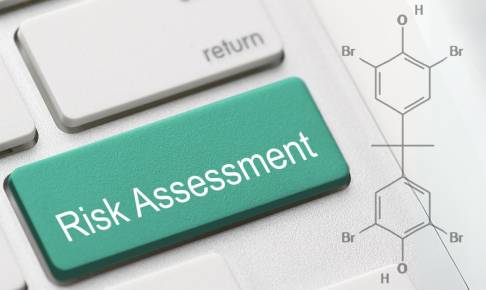EFSA evaluates safety of smoke flavourings: potential health risks raise concerns
In a recent assessment, the European Food Safety Authority (EFSA) examined the safety of eight smoke flavourings commonly used in the European Union (EU) market. These smoke flavourings serve as an alternative to traditional smoking methods, providing a smoky taste to various foods such as meat, fish, cheese, soups, sauces, drinks, crisps, edible ices, and confectionery. The evaluation was conducted as part of the renewal process for their authorizations.
Wim Mennes, chair of EFSA's working group on flavourings, highlighted the key findings and the subsequent steps taken. It was revealed that concerns regarding genotoxicity, the ability of a chemical to damage genetic material, could not be ruled out for any of the eight smoke flavourings assessed. Genotoxicity raises potential risks such as increased susceptibility to cancer and inherited diseases. Notably, a safe level for this type of toxicity could not be determined.
EFSA previously evaluated these smoke flavourings between 2009 and 2012, which resulted in safety concerns due to inadequate margins of safety at the proposed usage levels. Consequently, the European Commission and EU Member States revised the usage levels, allowing for more limited usage in foods.
In the recent assessment, EFSA utilized an updated methodology, incorporating new data submitted by applicants. The 2021 EFSA scientific guidance, which was not available during the initial evaluation, recommended that if a single component of a complex mixture (like smoke flavourings) is confirmed as genotoxic, the entire mixture should be considered as genotoxic. Based on this approach, six of the assessed smoke flavourings were found to contain genotoxic substances, raising safety concerns. The remaining two lacked sufficient data for conclusive assessments.
While EFSA's advice underscores potential health risks associated with genotoxic substances, it emphasizes that the likelihood of harmful effects depends on factors such as individual genetics and dietary habits. EFSA adopts a conservative approach to assessments, considering worst-case scenarios to estimate hazards and risks.
The scientific advice provided by EFSA will now be carefully reviewed by the European Commission and EU Member States. These stakeholders will engage in discussions regarding appropriate risk management options for the smoke flavourings currently present on the market.
Source:






















